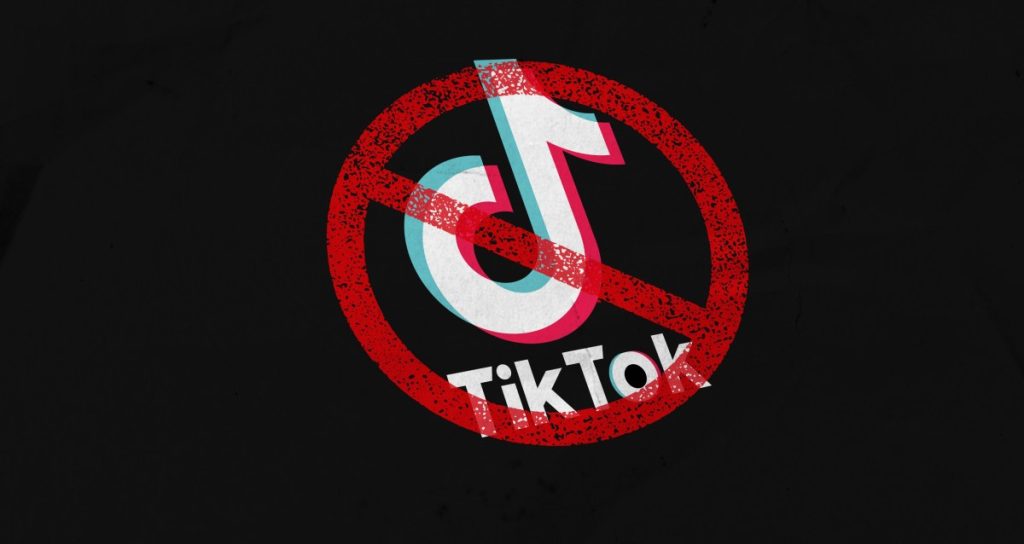The Ripple Effects of TikTok Bans: Lessons from Around the World
Creators Adapting to New Realities
In the wake of TikTok bans in various countries, content creators have had to navigate uncharted territory. Afghanistan serves as a prime example, where despite the ban, an estimated 325,000 to 2 million users continue to access the platform using VPNs. This resilience highlights the deep connection between creators and their audiences, transcending geographical boundaries.
Similarly, in Uzbekistan, where TikTok faces heavy restrictions, creators have felt the impact on their reach and income. The ban has forced them to explore alternative platforms and strategies to maintain their online presence and engage with their followers.
The Rise of Local Alternatives
India’s ban on TikTok in 2020 marked a turning point in the short-video app landscape. Global giants like Instagram and YouTube swiftly introduced their own versions, Reels and Shorts, to fill the void. However, the ban also paved the way for the emergence of homegrown alternatives.
Local players like ShareChat‘s Moj, Verse Innovation’s Josh, and Times Internet’s MX Takatak (later merged with Moj) seized the opportunity to capture the market. Other contenders, such as Roposo, Mitron, Chingari, and Trell, also joined the fray. In Nepal, developers launched Ramailo as a TikTok alternative, although its success was short-lived.
Challenges for Creators and Platforms
The fragmentation of the short-video app ecosystem has posed challenges for creators. They now need to invest time and resources in distributing their content across multiple platforms, each with its own unique features and algorithms. This diversification can lead to a dilution of their audience and potential loss of engagement.
Moreover, these alternative platforms may not prioritize short videos as much as TikTok did, further complicating creators’ efforts to maintain their online presence. The varying recommendation algorithms across platforms can also impact the discoverability of their content.
Broader Implications and Concerns
The aftermath of TikTok bans extends beyond the creator community. In India, ByteDance, the parent company of TikTok, had to scale back its operations and even shut down its music streaming service, Resso, following government directives.
Digital rights activists argue that banning platforms like TikTok curtails free speech.
As the U.S. contemplates its own measures against TikTok, it is crucial to consider the potential legal battles and the precedent set by countries like India. FCC Commissioner Brendan Carr’s statement on India’s ban highlights the global significance of these decisions.
The ripple effects of TikTok bans serve as a reminder of the complex interplay between technology, creativity, and geopolitics. As creators navigate this evolving landscape, it is essential to strike a balance between safeguarding national interests and fostering an environment that nurtures innovation and free expression.

5 Comments
TikTok’s dance might be over before the last song even plays, huh?
TikTok’s future in the US? Looks like it’s skating on thin ice, if you ask me.
TikTok’s global bans sparking US speculation? Guess it’s time to find a new dance floor, folks.
Aria Turner: Is the TikTok drama just a storm in a teacup, or are we witnessing the first domino to fall?
Could this be the beginning of the end for TikTok’s global domination?